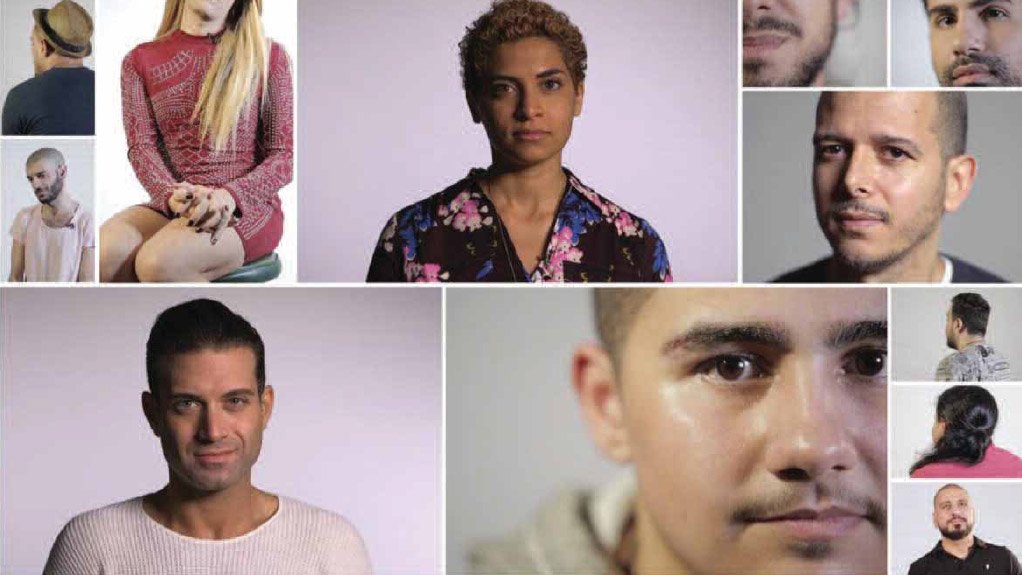- Audacity in Adversity – LGBT Activism in the Middle East and North Africa0.46 MB
Rima and Ahmed are not alone. Despite state-sponsored repression and social stigma, lesbian, gay, bisexual and transgender (LGBT) people in the Middle East and North Africa are finding ways to speak out. They are telling their stories, building alliances, networking across borders, developing national and regional movements, and finding creative ways to combat homophobia and transphobia.
This report accompanies a series of videos produced by Human Rights Watch and the Arab Foundation for Freedoms and Equality (AFE). The videos feature individual activists reaching out in Arabic to LGBT people living in the Middle East and North Africa with messages of support and encouragement. The report thus focuses on those parts of the region where Arabic is predominantly spoken.
The report provides context for the videos, highlighting and detailing the existence of movements that are making change in the face of significant obstacles, including criminalisation of same-sex conduct (and, in a few countries, gender non-conformity), arbitrary arrests and ill-treatment, forced anal examinations, lack of gender recognition for transgender people, violence by state and non-state actors, restrictions on freedom of expression and association, family rejection and community stigma.
Activists in the countries that are the focus of this report must contend with state hostility, to varying degrees. Many governments in the region reject the concepts of “sexual orientation” and “gender identity” altogether. Faced with official intransigence, some activists choose to work outside state structures: their activism focuses on community-building and attitudinal change. Others have taken on their governments, successfully pushing for incremental change in various forms. For example, in Lebanon and Tunisia state institutions have accepted calls to end forced anal examinations, after pressure from local and international activists as well as treaty bodies. Iraq has committed to address violence based on sexual orientation and gender identity (SOGI-based violence). In Lebanon courts have rejected an interpretation of “unnatural offenses” as including same-sex sexual acts (although the relevant court cases have not created binding legal precedent). In Morocco courts have convicted perpetrators of SOGI-based violence.
Progress can be painstakingly slow and marred by setbacks. As we were drafting this report, in September 2017, Egyptian security forces went into overdrive, arresting dozens following the display of a rainbow flag—a sign of solidarity with LGBT people—at a concert. They relied on a “debauchery” law that had been used in the early 2000s against gay men and transgender women and was revived with a vengeance following the 2013 coup, when the government, led by President Abdel Fattah al-Sisi, appeared to embrace persecution of gays and trans people as a political strategy. Even by recent standards in Egypt, the September crackdown—involving scores of arrests, forced anal examinations, and a formal media blackout on pro-LGBT speech—was severe. But activists demonstrate creativity and dynamism even in such challenging contexts, training LGBT people on how to digitally protect themselves from police surveillance and entrapment and galvanizing international pressure on their government, a tool which they employ cautiously, often reserving it for human rights emergencies.
This report examines how LGBT activism survives under severe constraints, in repressive states and conflict zones, in places where activists risk social exclusion, prison sentences, and violence by security forces, armed groups, and even their own families. It also highlights creative approaches used in less repressive contexts to gain public support, identify government allies, and mainstream the rights of LGBT people in broader conversations about human rights and gender.
Report by the World Economic Forum
EMAIL THIS ARTICLE SAVE THIS ARTICLE ARTICLE ENQUIRY
To subscribe email subscriptions@creamermedia.co.za or click here
To advertise email advertising@creamermedia.co.za or click here











